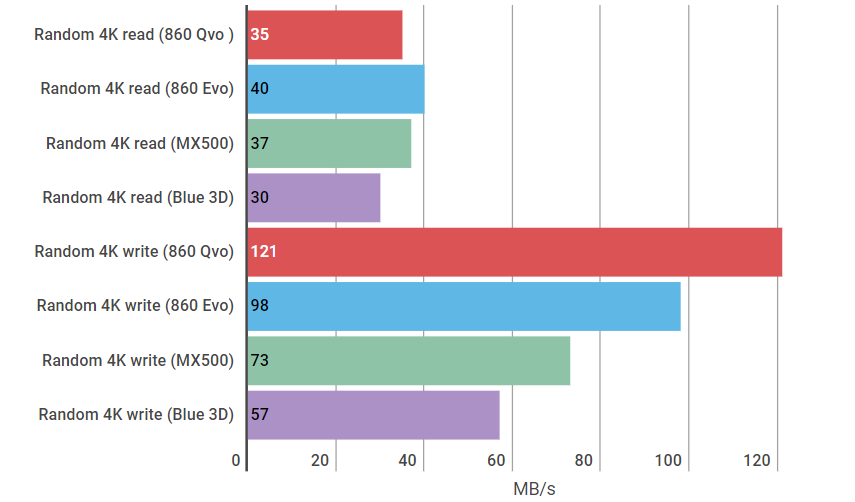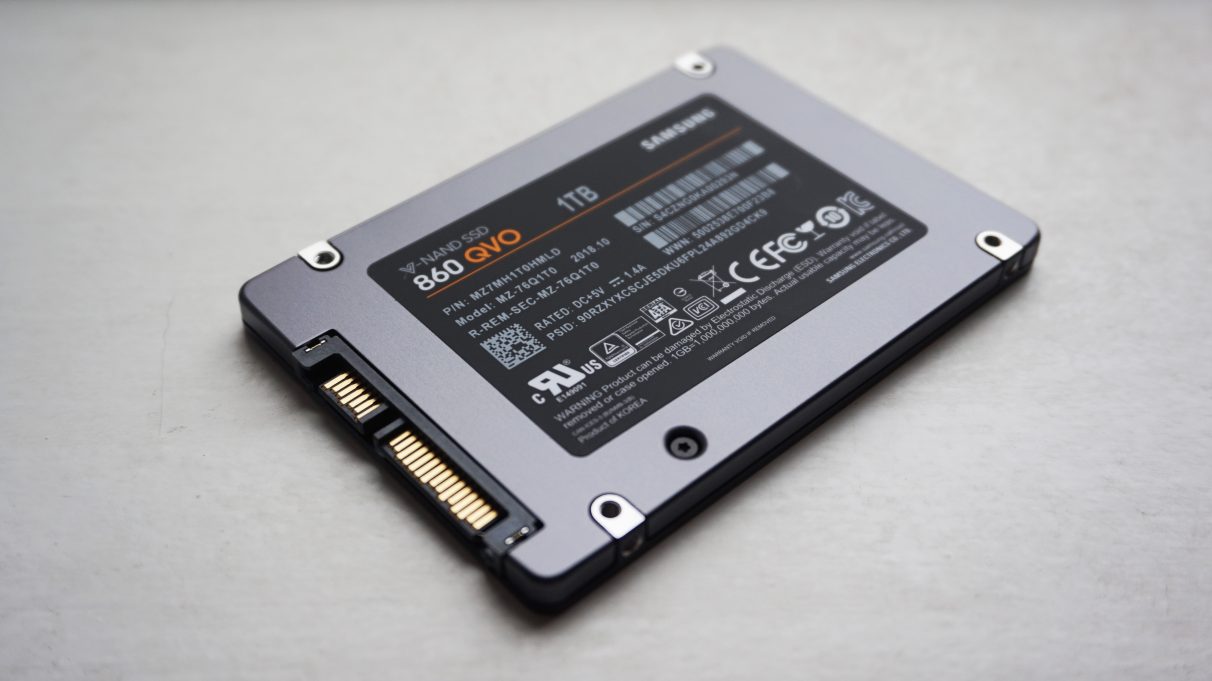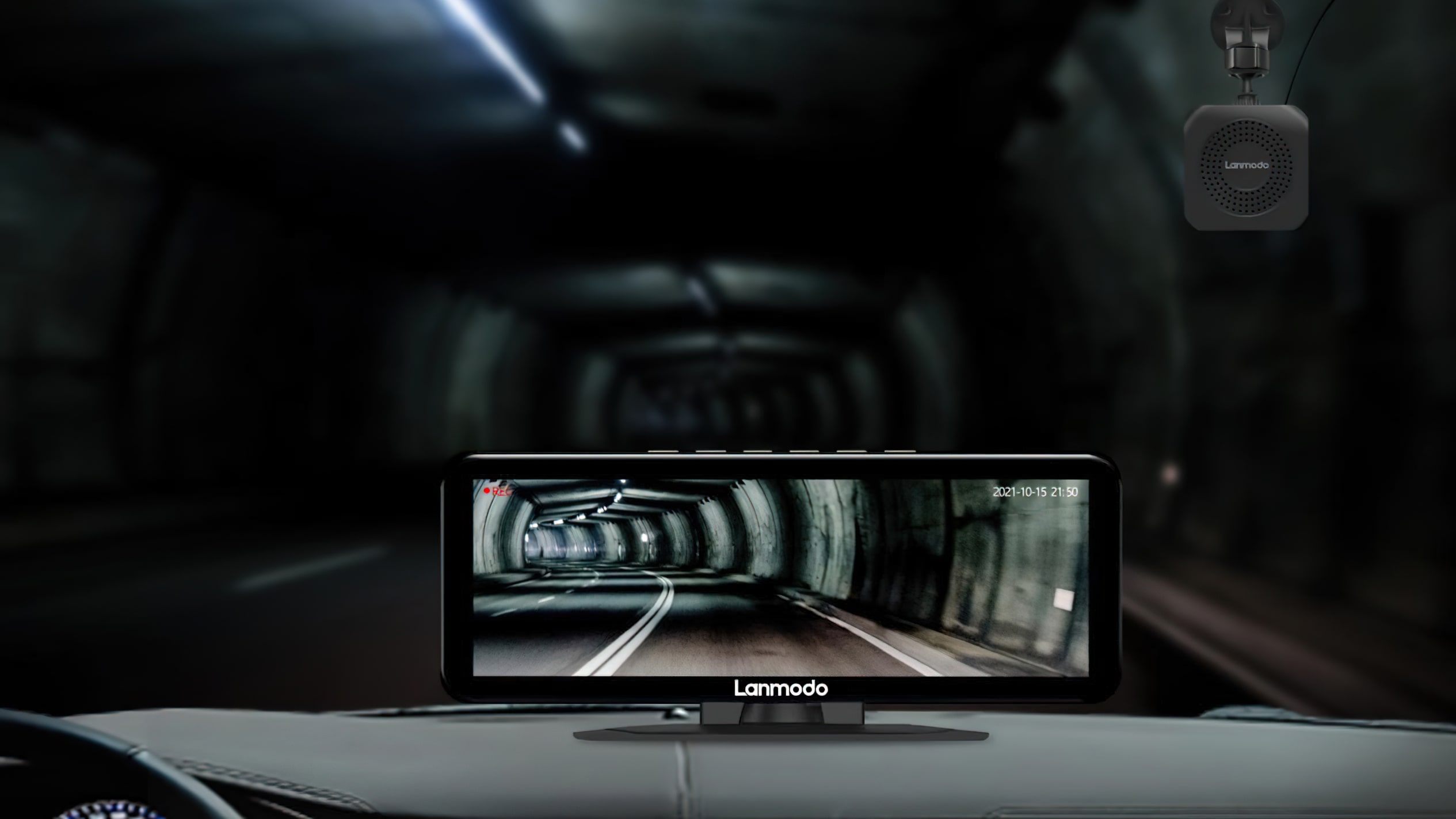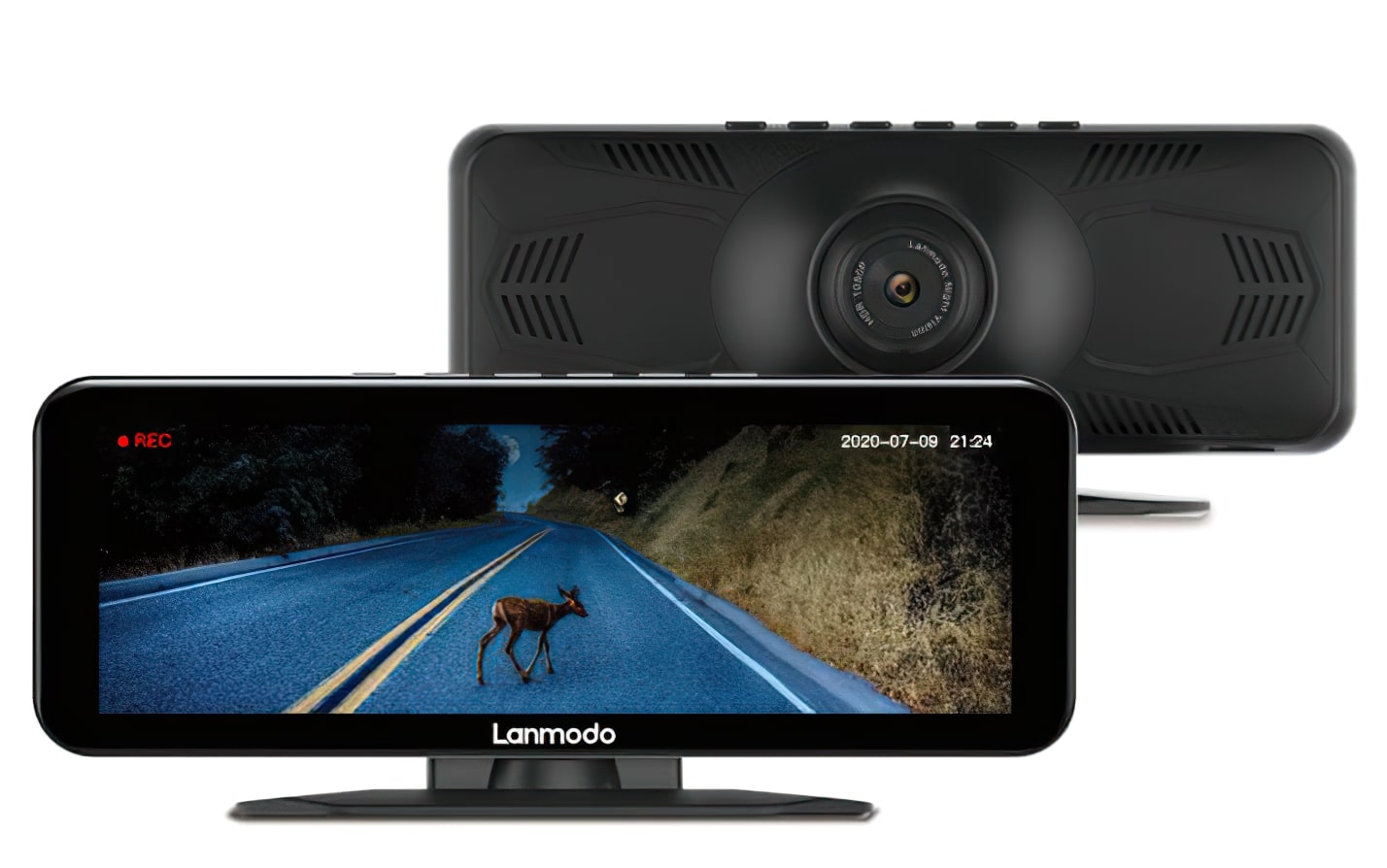
Black Friday and gross sales insanity apart, excessive capability SSDs nonetheless price an absolute fortune. It’s the principle motive why so many people nonetheless go for small 250-500GB SSDs as our major drive, and make do with bigger, slower HDDs for storing massive issues like games and pictures. Samsung’s brand-new 860 Qvo, nevertheless, hopes to vary all that by providing jumbo storage pockets at a extra reasonably priced value.
Don’t get me improper. The entry-level 1TB mannequin that’s launching in mid-December will nonetheless set you again £137 within the UK and $130 within the US, so it’s not like we’re immediately all going to have the ability to put large SSDs in our PCs for an absolute pittance. However, while you evaluate that to the worth of a 1TB Samsung 860 Evo (£160 / $170 at time of writing) and a 1TB Samsung 860 Pro (£300 / $287), the Qvo begins to make much more sense – and most significantly, its efficiency is fairly rattling good, too.
On paper, it appears like the right candidate for the best gaming SSD ever made. After all, you’re getting a number of storage for not as a lot cash, and also you’ve nonetheless received a good three-year guarantee and a 360 terabytes written (TBW) endurance ranking on the entry-level 1TB mannequin. Sure, the 860 Evo provides you 5 years and 600TBW on its 1TB measurement, however you’re additionally paying that rather more for it. Given the selection, I’d fortunately commerce an extended guarantee for a decrease, total value.
The motive why Samsung’s immediately been capable of reduce prices barely is all to do with the 860 Qvo’s new bitty innards. Not bits as in transferring components, however as in what number of bits might be crammed into every storage cell contained in the SSD. Whereas the 860 Evo and Pro used Samsung’s 3-bit MLC (multi-level cell) V-NAND expertise, the Qvo is the primary Samsung SSD to up that to 4-bit, permitting for better densities of storage (theoretically as much as 16TB, based on Samsung) in the identical 2.5in, 7mm kind issue.
At the second, Samsung’s 860 Qvo line-up stops at 4TB (and is in truth restricted to 8TB with their present MJX controller, which can be on the coronary heart of the remainder of Samsung’s 860 household), nevertheless it ought to hopefully pave the best way for a lot bigger 2.5in 7mm SSDs sooner or later that don’t price the earth.
Now, as with every piece of tech, a cheaper price often means some form of compromise elsewhere. In the case of 4-bit MLC NAND expertise extra typically, this has been traditionally slower than 3-bit varieties of storage as a result of increased numbers of voltage ranges wanted so as to entry the information. Samsung, nevertheless, have managed to work their storage wizardry on the 860 Qvo so it’s successfully simply as nippy as its Evo sibling – providing as much as 550MB/s sequential learn speeds and 520MB/s sequential write speeds throughout all three 1TB, 2TB and 4TB fashions.
In follow, my outcomes got here in simply behind these quoted figures once I put it by way of AS SSD’s 1GB sequential take a look at, however its learn pace of 492MB/s and write pace of 500MB/s are nonetheless just about on par with each the 860 Evo and Crucial’s MX500, and a fraction forward of WD’s Blue 3D NAND.
That’s fairly aggressive contemplating its cheaper value, and the 860 Qvo continued to impress once I put it by way of AS SSD’s 1GB random 4K take a look at as effectively. After all, random speeds are a way more correct illustration of how briskly an SSD will probably be in actual life, as they have an inclination to learn and write information all around the store quite than in good, neat adjoining (or sequential) blocks.

The 860 Qvo’s random learn pace might not be fairly as quick because the 860 Evo or MX500, however its random write pace is in a category of its personal.
Here, the 860 Qvo got here in with a random learn pace of 35MB/s, and a stonking random write pace of 121MB/s. The former is a contact behind the 860 Evo (simply 12%), and a smidge slower than Crucial’s MX500 (a mere 5%), however its write pace is means out in entrance of each different 2.5in SSD I’ve examined to date, a lot in order that’s it’s virtually knocking on NVMe territory by comparability (the slowest of which I’ve recorded begins round 140MB/s).
That’s not all, both, because the 860 Qvo additionally smashed by way of CrystalDiskMark’s demanding 8-queue-8-thread take a look at prefer it was nothing in any respect. This is supposed to check excessive depth workloads extra befitting of a server or workstation than your common PC, however the 860 Qvo completed with a large learn pace of 1228MB/s and a write pace of 939MB/s. That’s a respective 205% and 161% enhance over my earlier report holder, which is none apart from Samsung’s 860 Evo, exhibiting the 860 Qvo is infinitely higher suited to extra heavy obligation duties than its Evo sibling.
All in all, the Samsung 860 Qvo is a implausible SSD that ought to completely be on the prime of your consideration pile for sizes at 1TB or above. Not solely has it received the workhorse chops to cope with bigger storage requests a lot sooner than every other 2.5in SSD I’ve examined to date, however its random speeds are additionally simply pretty much as good, if not significantly higher than the remainder of its 3-bit competitors. Sure, its random learn pace may not be completely greatest at school in comparison with different 2.5in SSDs on the market, however the distinction is so small that any offset in efficiency is greater than made up for by its decrease price. If you lastly wish to bid goodbye to your previous HDD and go for a single, giant storage machine as your important SSD, the Samsung 860 Qvo is a troublesome act to beat.



